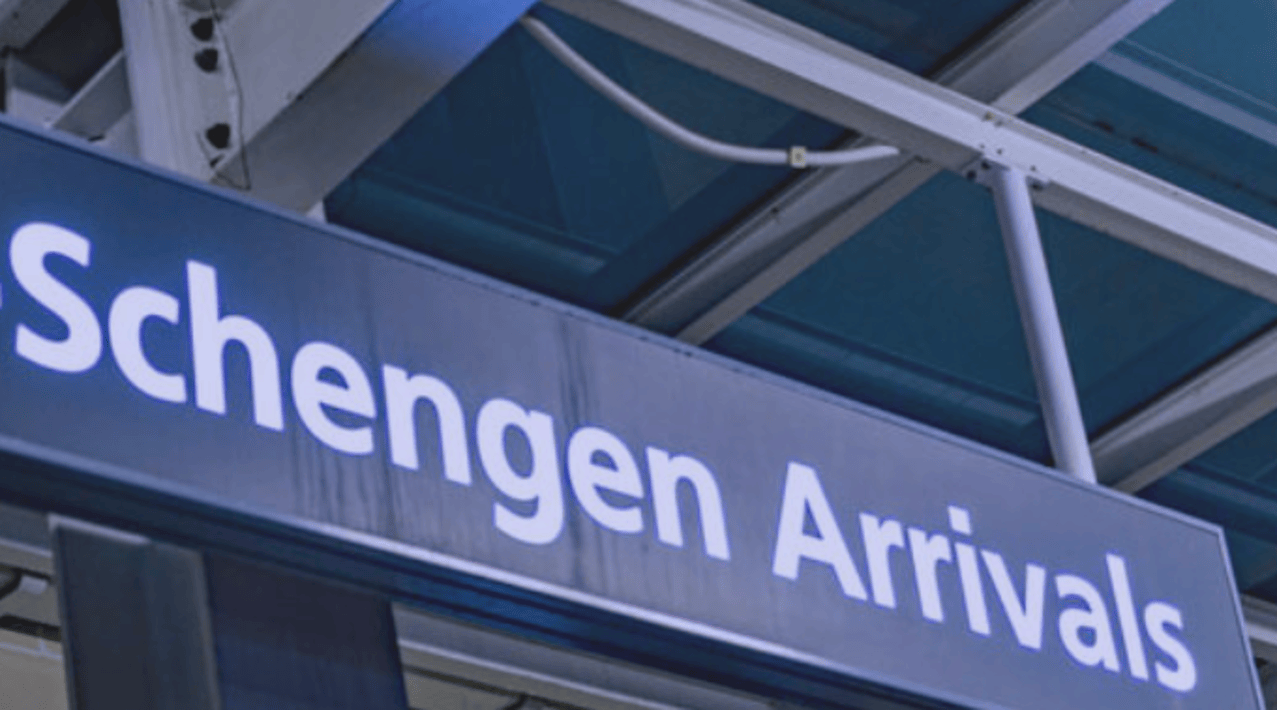European Integration Milestone
Bulgaria and Romania are on the verge of becoming full members of the Schengen Area, marking a significant step in their integration into the European Union’s borderless zone. This achievement represents not only a triumph for both nations but also a further strengthening of the EU’s commitment to cross-border collaboration, innovation, and security.
Background on Schengen Area and Membership Process
The Schengen Area is a region encompassing most EU countries, along with a few non-EU states, where internal borders have been removed to facilitate the free movement of people, goods, and services. For Bulgaria and Romania, which both joined the EU in 2007, full membership in the Schengen Area has been a long-awaited goal. However, their accession has been delayed due to concerns over their respective border security systems and judicial reforms, which are key conditions for entry.
Over the years, both countries have implemented significant reforms aimed at meeting Schengen criteria. Romania and Bulgaria have strengthened their border controls, enhanced their judicial systems, and ensured that their policing mechanisms align with EU standards. This progress has garnered the support of many EU member states, although some countries have expressed concerns over the readiness of both nations.
The Path to Full Membership
Bulgaria and Romania’s accession to the Schengen Area has been closely tied to their success in securing trust among EU members regarding border security, law enforcement cooperation, and respect for fundamental rights. The two countries have worked diligently to meet these criteria, with Romania particularly focusing on its border management and Bulgaria improving its capacity to counter human trafficking and smuggling.
Despite facing some political challenges within the EU, both nations have made strides in advancing their security infrastructure, earning the backing of key EU leaders. Bulgaria and Romania’s potential membership has also been supported by various stakeholders who believe that full Schengen participation will unlock new opportunities for economic growth, investment, and mobility across the region.
Implications for Economic Growth and Regional Integration
By joining the Schengen Area, Bulgaria and Romania will enhance their ability to attract foreign investment, facilitate smoother cross-border trade, and strengthen regional cooperation within Europe. The removal of internal border checks will further encourage tourism, business ventures, and cultural exchange, creating a more interconnected European market.
Moreover, the move is expected to boost the geopolitical importance of both countries, placing them at the center of Europe’s economic and strategic activities. Romania and Bulgaria’s integration into Schengen will also set the stage for the continued expansion of the area, aligning it with the broader goals of European unity and integration.
Conclusion: A Landmark Achievement
As Bulgaria and Romania prepare for their full accession to the Schengen Area, this development signals a new era of borderless collaboration within Europe. The decision marks the culmination of years of reforms and diplomatic efforts, ultimately fostering deeper integration and stronger partnerships in the European Union.
This expansion of the Schengen Area further solidifies the EU’s role in fostering open, secure, and cooperative relations among its members, benefiting citizens and businesses alike.



